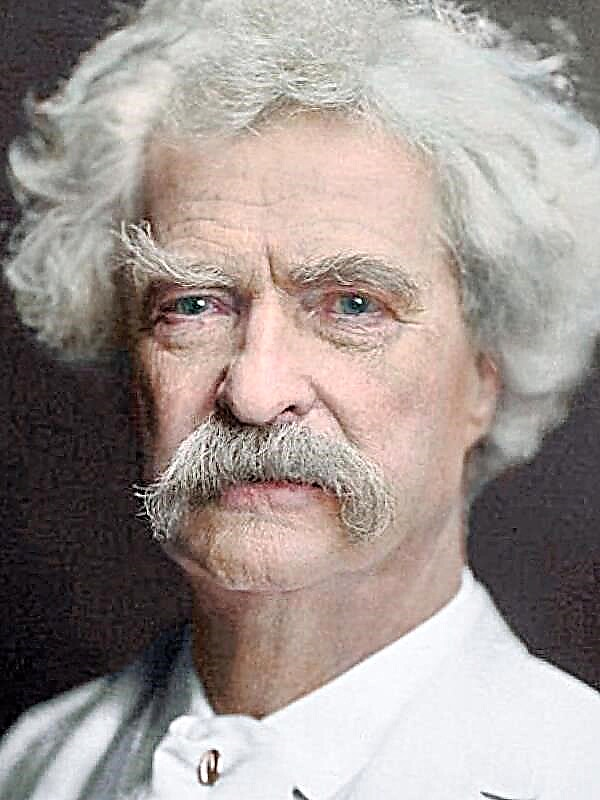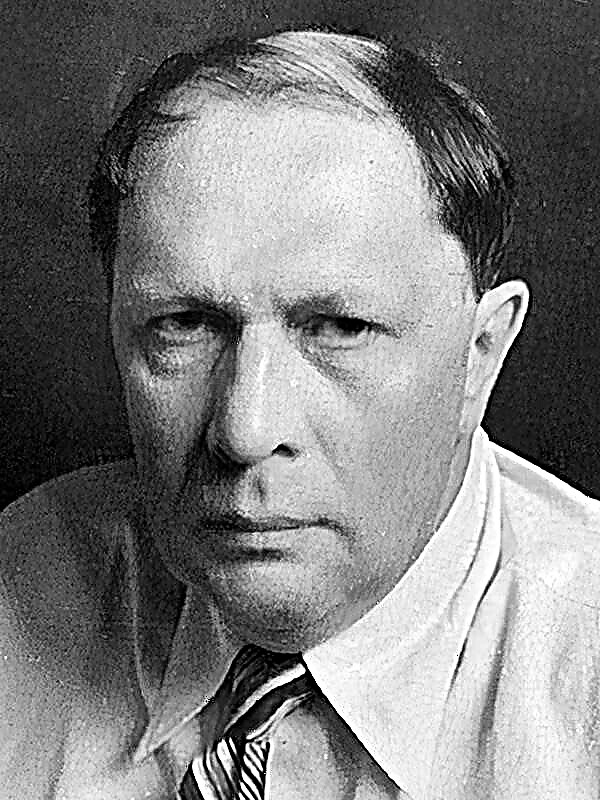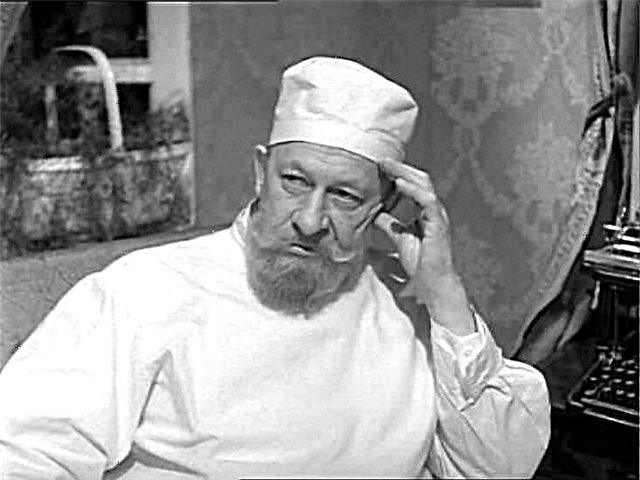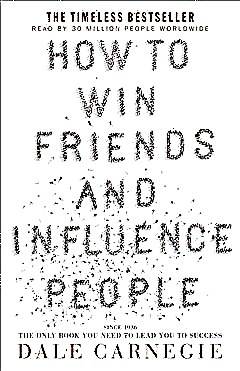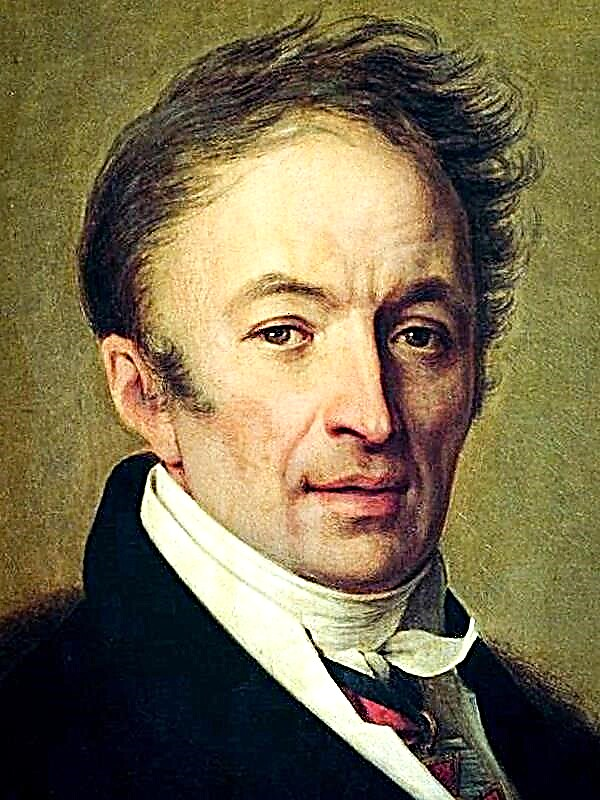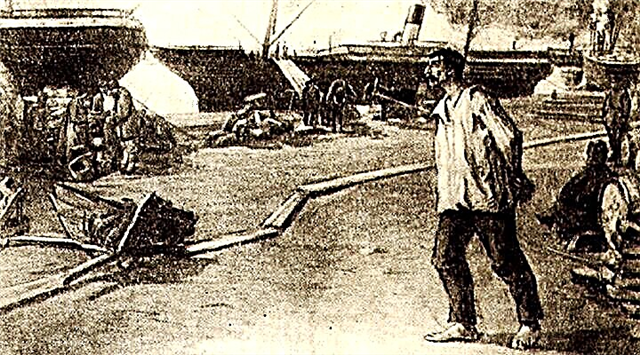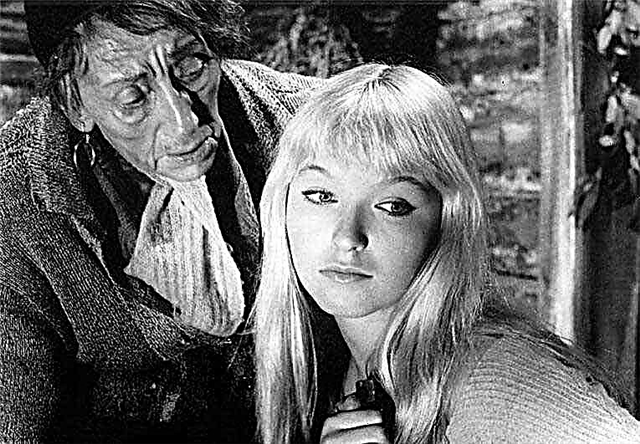(274 words) Roman Dostoevsky's “Poor People”, published in 1846, was the writer’s debut work in which the young and talented author reflected the life of simple, unremarkable, “little people”.
Key novel was Makar Devushkin - a poor resident of St. Petersburg, working as a titular adviser. He devoted his whole life to rewriting documents and, despite a paltry salary, honestly and painstakingly does his job. Alone and deprived, wandering in rented apartments, Makar is in dire need of friendly sympathy and participation. The only person close and dear to him is the poor orphan Varenka Dobroselova, with whom he conducts correspondence, full of love and empathy. Both of them are unhappy, both are forced to lead a miserable non-monetary existence, but they are desperately trying to help each other, giving the last thing they have.
Makar Devushkin is a meek and meek person who is on the verge of physical and moral destruction, but continues to stubbornly fight poverty and hunger. Infinitely adoring Varia, he sees in her the meaning of his existence. He often starves himself, giving money to his beloved pupil, so his appearance is untidy, and this threatens him with possible dismissal from service. But Makar is ready to endure much, if only Varia did not need anything. The hero lives with his heart wide open. He is not kindly, sincere, infinitely kind to people, but too weak to withstand the difficulties of life, in which it is necessary to have a firm grip and dexterity. Makar sincerely believes in human rightness, therefore, it depends on the opinions of others and is often shy. He is not afraid to admit his own stupidity, admiring Varya's well-read, which is engaged in his education and advises him books to read.
But the idyll of the heroes on the verge of death ends with the inevitable separation: Varya gets married and leaves Petersburg, leaving Makar alone. Obviously, he will disappear without her, having lost the only meaning of his life.

